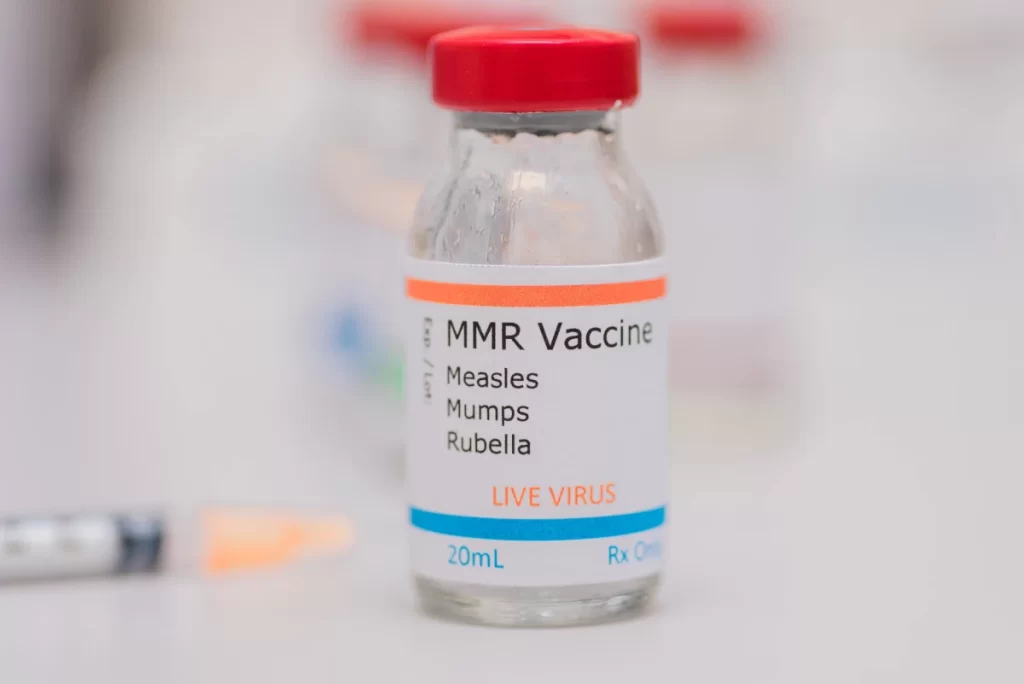What Is Measles?
Measles is an infectious viral disease that spreads quickly through the air when an infected person coughs or sneezes. This illness has the potential to cause major health problems and even fatalities.
While measles may affect any person, children are the ones who are most commonly affected. After damaging the respiratory system, measles spreads to other parts of the body. The best defense against contracting measles or infecting others is vaccination. Prioritizing vaccination as a preventive measure is essential considering the potential severity of measles, particularly in children who are more exposed to its consequences. This is especially essential for families traveling to other countries where measles can be more common. You can protect your child’s health and stop measles from spreading by ensuring they receive the correct vaccination.
Know The Symptoms Of Measles
According to the World Health Organization, the symptoms of Measles typically appear within 10-14 days after exposure to the disease.
Having a noticeable rash is the most obvious symptom. In addition to this, you may experience symptoms such as,
- Cough
- Runny nose
- Red eyes
- Small white patches inside the cheeks
The majority of measles-related deaths are caused by its consequences, which might include a variety of serious illnesses. These include severe diarrhea that dehydrates the body, ear infections, blindness, encephalitis, which causes swelling in the brain and possible damage, and serious respiratory conditions including pneumonia.
How To Protect Your Child From Measles?
Measles is a highly contagious viral infection that can cause serious consequences, especially in young children. Protecting your child from measles involves a combination of early precautions and awareness of possible exposure risks is necessary to protect your child from the disease.
- Make sure your child has received vaccination for measles mumps, and rubella vaccine series, beginning around the time of their first birthday.
- Advise your child to stay away from people who are contagious or who show symptoms of the disease, such as fever, cough, runny nose, or red eyes.
- Make sure you and your child are up to date on immunizations before leaving the country, and research any measles vaccination recommendations or requirements for the destination.
- Be aware of any measles outbreaks in the places you plan to visit and any places you might pass through before you go.
- Whether your child shows measles symptoms, such as fever, rash, cough, runny nose, or red eyes, get them medical help immediately.



